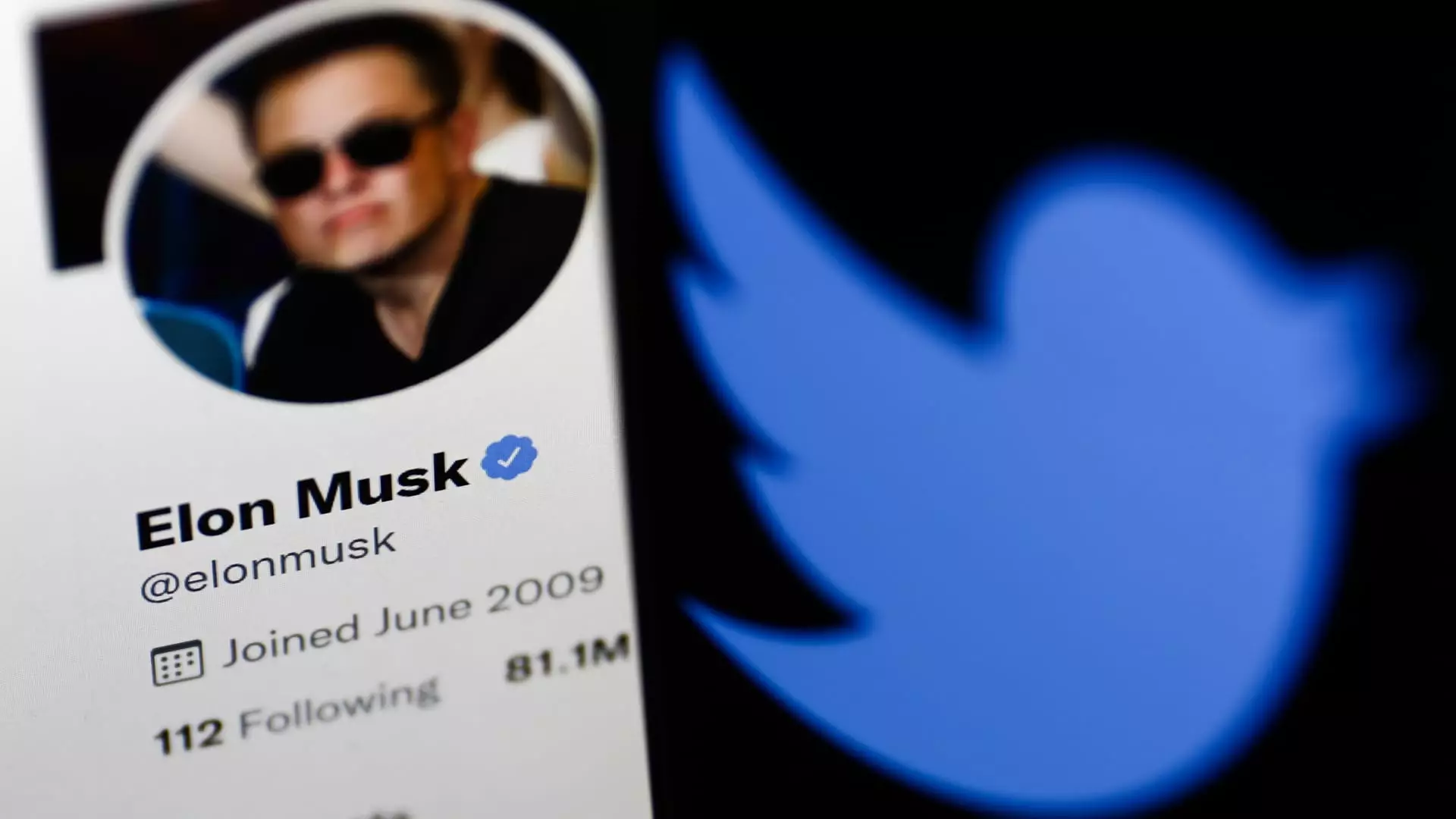In a significant legal development, Elon Musk faces a proposed class-action lawsuit brought forth by former Twitter shareholders. This litigation raises critical questions regarding transparency and accountability among tech magnates. The class-action, identified as Rasella v. Musk, is rooted in claims that Musk, the CEO of Tesla and SpaceX, amassed shares in Twitter without adhering to the timely disclosure requirements mandated by the U.S. Securities and Exchange Commission (SEC). Former shareholders, including the Oklahoma Firefighters Pension and Retirement System, argue that they sold their Twitter shares at artificially low prices, deprived of knowledge about Musk’s burgeoning stake in the company.
This case not only highlights individual grievances but also provides a broader commentary on the ethics of communication within the tech industry. Shareholders contend that they made investment decisions based on incomplete information. The ensuing dilemma is how such influential figures like Musk wield their power — especially when significant financial repercussions arise from their actions.
The Judicial Perspective on Misleading Communication
Recently, federal judge Andrew L. Carter determined that the lawsuit could advance in court. His analysis revealed that Musk’s late disclosure indeed sent a “false pricing signal to the market.” In a striking revelation, the judge noted a March 26, 2022, tweet where Musk hinted at an interest in acquiring a different social media platform. Yet, ironically, he had already secured millions of shares in Twitter by the previous day. This juxtaposition raises alarming implications about potential manipulation in the value of company stocks.
Musk’s tweets, intended to engage his broad audience, inadvertently (or perhaps advertently) misled stakeholders. Judge Carter’s opinion suggests that Musk’s statements were unlikely to be mere flukes but could represent strategic misdirection aimed at diluting the perception of his substantial investments in Twitter. Such behavior invites scrutiny not only from regulators but from the public, urging a reevaluation of what constitutes ethical communication in today’s tumultuous financial landscape.
Intent and Consequences
Musk’s attorneys argue that his late disclosures were a mere oversight, devoid of malicious intent. This defense raises intriguing questions about the definition of intent in legal terms. Musk is no stranger to controversy; his history of tweets impacting stock prices and market movements has cemented him as a polarizing figure in business. However, should leaders be held to a different standard when stakes are as high as billions of dollars? The burden of responsibility often weighs heavier on those in positions of immense influence.
It’s essential to assess the ramifications of Musk’s actions—not just legally, but as a commentary on the morals governing corporate leaders. Should entrepreneurs feel empowered to skirt regulations or mislead shareholders, albeit inadvertently? The case of Rasella v. Musk might very well set a precedent that could define accountability for tech billionaires in the future.
The Broader Implications for Corporate Governance
Elon Musk’s ventures often lead to significant shifts in market dynamics, so the implications of this case extend beyond his individual actions. With powerful figures like Musk in the driver’s seat of groundbreaking companies, there’s an urgent need for robust corporate governance frameworks. This scenario illustrates the delicate balance between innovation and regulatory compliance, raising essential questions about the extent to which personal freedom in speech intersects with professional obligation.
The attention drawn to this lawsuit could initiate broader discussions around reforming policies on disclosure requirements. If leaders are perceived as acting outside the boundaries of ethical conduct, it could ultimately undermine investor confidence not just in Musk as an individual but across the entire tech sector. As we witness the unfolding of this case, it embodies the ongoing struggle of establishing accountability within a rapidly evolving digital economy.
The Musk saga continues to captivate both supporters and detractors alike. As the legal proceedings advance, the focus shifts from Musk’s individual motives to the overarching question: how can society ensure that the line between innovation and ethics remains unblurred in an era defined by disruption?


Leave a Reply